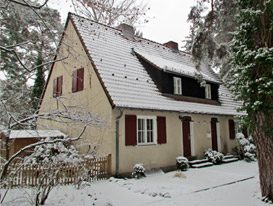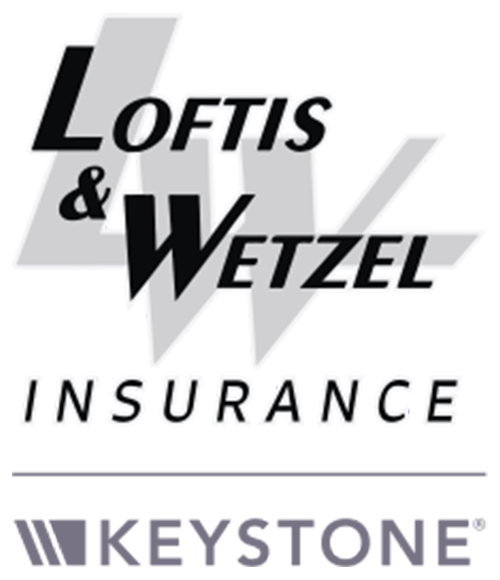
What to Do if Your Home is Damaged?
- Call your insurance company or agent with your policy number and all relevant information as soon as possible. Cooperate fully with your company or agent, asking what forms, documents and data you will need to provide in order to process your claim.
- Take photos or video of the damage.
- Make the necessary repairs to prevent further damage to the property (for instance, covering broken windows, leaking roofs and damaged walls), but do not have permanent repairs made until your insurance company has inspected the property and you have reached an agreement with them on the cost of appropriate repairs.
- Save all receipts, including those from the temporary repairs that might be covered by your insurance policy.
- If your home is damaged to the extent that it is unlivable, ask your insurance provider if you have coverage for living expenses incurred while repairs are being made. Save all receipts to document these costs.
What Damage to Your Home is Covered?
Damages caused by wind, wind-driven rain, trees or other falling objects, and the collapse of a structure due to weight of ice or snow, are covered under most standard Oklahoma homeowners insurance policies. However, you should review your individual insurance contract to determine specific coverage and exclusions. Frozen pipes might not be covered if the damage is due to the homeowner’s negligence, such as failing to maintain adequate temperature in the home when you had the ability to do so. Check your policy and call your insurance agent or company for clarification with specific questions.
What Damage to Your Home is Not Covered?
The following weather-related events are usually not covered by standard homeowners insurance policies:
- Interior storm-water damage when there was no damage to the home’s roof or walls
- Flood damages
- Removal of fallen trees from the property, unless those trees land on and damage the roof and walls of the home
- Food spoilage due to power outages
- Water damage from backed-up drains or sewers
Some insurers offer endorsements (i.e., additional protection that may be purchased at added cost) for certain contingencies not covered under your standard homeowner policy. Check with your agent or insurance company to determine your needs, and what additional coverage might be available.
Stay Safe and Protect Your Investment
To protect both your family and your home, the OID and the federal Centers for Disease Control and Prevention offer these tips for avoiding typical and dangerous cold-weather-related household incidents.
- Use fireplaces, wood stoves or other combustion heaters only if they are properly vented to the outside and do not leak flue gas into indoor spaces. Do not burn paper in a fireplace and use only the type of fuel your heater was designed to use; make no substitutions.
- Do not place a space heater within three feet of anything that might catch on fire.
- Store a multipurpose, dry-chemical fire extinguisher near the areas where you are using supplemental heat sources like fireplaces, wood stoves or space heaters.
- Protect your family from carbon monoxide poisoning by installing battery-operated detectors, and by never using generators, grills, camp stoves or similar devices indoors.
- Use battery-powered flashlights or lanterns rather than candles, if possible, and never leave candles unattended.
- Do not use the generator or any other appliance if it is wet, to avoid risk of electrocution.
- Do not store gasoline indoors where the fumes could ignite. (Source: www.ok.gov/oid)

